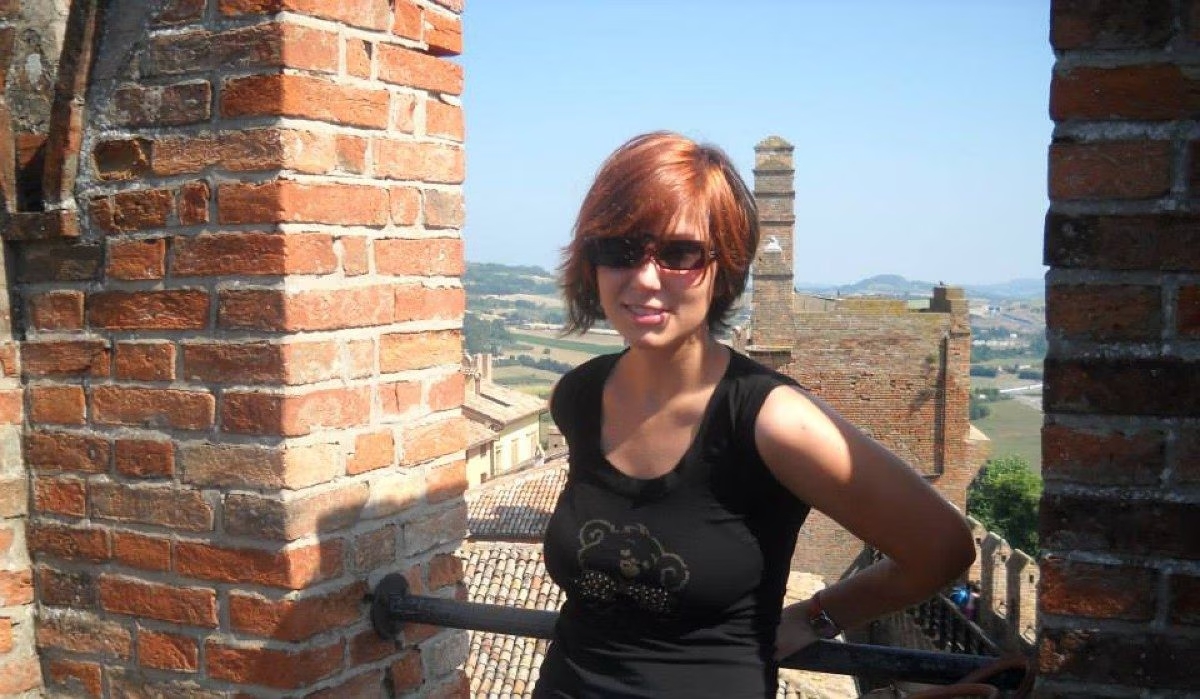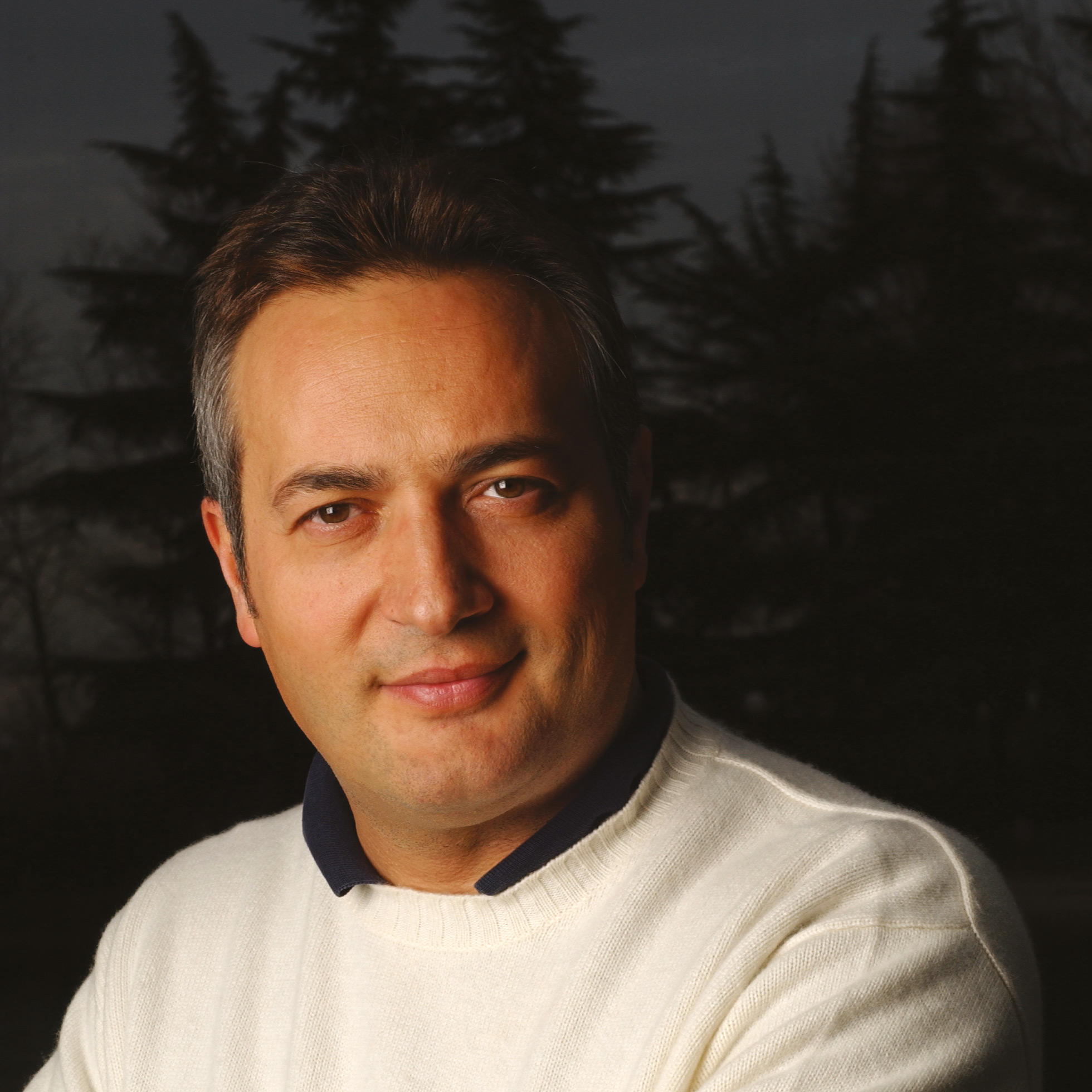Understanding X, Aristotle said, means asking why X. This process, fundamental to human rationality and logic, sometimes crashes against an enormous and threatening cliff or gets lost in an endless, scentless night. When, as in a crime, we always seek a why, the ancient bureaucratic motive, it goes beyond penal-legal bureaucracy. Answering that question means silencing our anguished doubt.
Logic doesn’t ease the pain of the victims’ families, but it at least crystallizes it forever. However, in the case of Sharon Verzeni, the 33-year-old barmaid stabbed in Bergamo one evening while jogging, there is no real sense, as the great Vasco Rossi sang. After intense investigations—kudos to the prosecutors and investigators—the murderer has been caught and confessed. It’s not a crime of proximity involving people within emotional relationships; it’s not a serial monster or an hardened criminal acting out of robbery. He is an Italian by birth, but of African origin, almost the same age as the victim.
He left home with four knives, saw Sharon, and had a fit. He killed her brutally, with a few deep, fatal stabs to her back and chest. Unemployed, with some prior offenses, likely psychiatric issues. And to Sharon’s parents and fiancé, what do we say? An absurd case web?
The resolution of this mystery will come with controversy. Far from inclusion at any cost, far from the good migrants with the Pope signing manifesto books with left-wing intellectuals. In Milan, children born to regular immigrants fuel the terrible baby gangs of the city. In Bergamo, or nearby, they kill without reason but with the skill of a butcher. Too many easy knives; even Germany is taking measures after the public slaughter—terrorism-related, though—of three innocent citizens.
And to other Italian citizens, what do we say? Where does the theme of security in democracy begin and end? And what about the freedom of our actions? Ah, that damned, simple, brilliant Greek philosopher’s insight will make us argue. In respect to the victims and their families.


